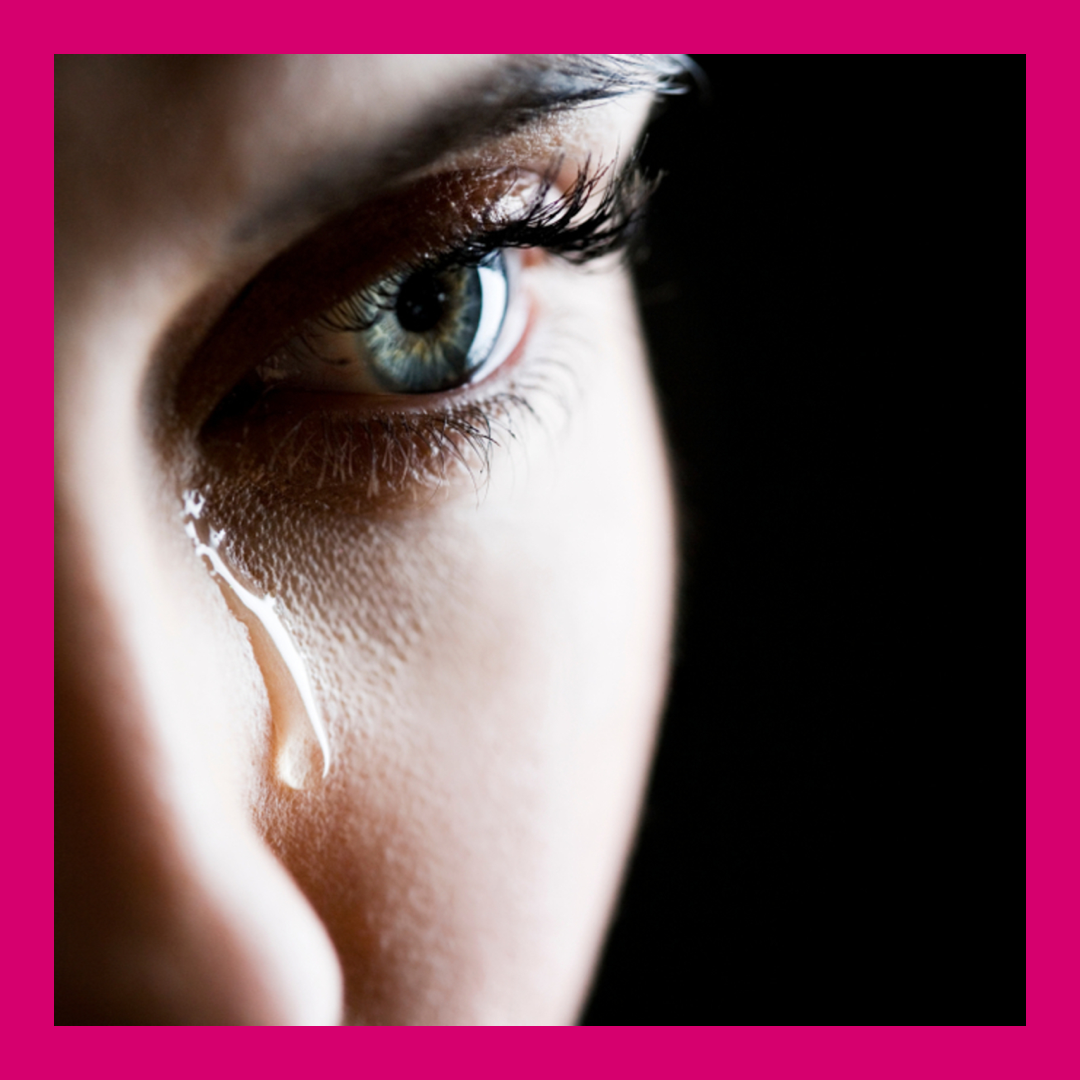 We are all horrified and saddened by the war in Ukraine and perhaps we feel helpless and scared ourselves. Yet we can and MUST tap into strong coping strategies so that we can be in the best possible position to support others.
We are all horrified and saddened by the war in Ukraine and perhaps we feel helpless and scared ourselves. Yet we can and MUST tap into strong coping strategies so that we can be in the best possible position to support others.
Coping successfully during a crisis relies on a series of steps that you may well be taking multiple times a day depending on your own context within the war in Ukraine:
- Acknowledging the situation and the emotional fluctuations you may experience
- Recognising anxiety triggers and bringing yourself back to the present moment
- Implementing strategies that are within your control
- Reaching out and providing psychosocial support to others
1. Acknowledging the situation and the emotional fluctuations you may experience
None of us has reference points with which to handle what is currently happening in Ukraine. This situation may throw you back into an intense state of anxiety and sense of existential threat you may have been experiencing from the pandemic, even though they are entirely different situations.
Your emotions may range from periods of relief, focus and calm, to unbearable fear, sleeplessness, irritability, inability to concentrate, feelings of frustration, loneliness, sadness, worry, guilt and bouts of extreme emotional exhaustion.
2. Recognising anxiety triggers and bringing yourself back to the present moment
Anxiety may be triggered by the real-time events and heart-breaking scenes we are witnessing through the media. They may be triggered by conversations, sleepless nights or going down rabbit holes on the Internet. As much as you can bring yourself back into what is happening right now. The fastest way to do this is by regulating your breathing. Simple techniques include 3 – 4 – 5 breathing (breathing in for 3, holding for 4 and breathing out for 5) or box breathing (4×4 breathing) where you breath in, hold and breathe out whilst counting to 4. Breathing immediately supports you parasympathetic nervous system and calms you. It is your best tool in moments of anxiety.

Concerned about the war Ukraine? You’re not alone. Historian Yuval Noah Harari provides important context on the Russian invasion, including Ukraine’s long history of resistance, the spectre of nuclear war and his view of why, even if Putin wins all the military battles, he’s already lost the war.
3. Implementing strategies that are within your control – proven coping strategies during crisis include:
- Staying informed and engaged but limiting your exposure to the news, especially through social media and graphic images.
- Taking breaks from engaging in the conflict – deliberately have an activity which focuses on nurturing and connecting with others
- Create routine and structure in your day, as far as you can and especially within your morning and evening routines – begin and end the day in reflection and slowness
- Embrace the mundane – you can’t stop yourself from feeling anxious about the war but you can replace unhelpful thoughts with domestic or everyday activities
- Maintain sleep, exercise, good hydration and regular meals as much as you can
- Don’t rationalise your worry or internalise it – instead acknowledge the anxiety and recognise that you can do something about it
- Breathe properly and deeply as often as you can
- Connect with others – often and in different ways
4. Offering psychosocial support to others
Psychosocial support provided at the right moment helps people move forward when a sudden and unexpected crisis shakes their sense of security. It’s a combination of emotional and practical support and the extent to which you can offer it depends on your own wellbeing and awareness and what is happening where you are, of course.
Ways To Support
15 Uk charities have come together for this project. They are supporting refugees fleeing Ukraine, assisting people of colour and helping neighbouring countries meet the needs of displaced people. Find out more here: https://www.dec.org.uk/appeal/ukraine-humanitarian-appeal
This centre located in Balham in the UK is taking physical donations to Poland. Discover the collection times here: https://www.facebook.com/kluborlabialego
People in Ukraine (and those fleeing) are struggling to access life saving medicine. Type One are fundraising to gather the insulin, pay for logistics and support their team in Ukraine. Find out more here: https://www.typeonestyle.com/products/donation-page?variant=42561323925732
This organisation are securing medical supplies for local hospitals and healthcare workers. They have a list of supplies needed with donation points in London and Kent as well as accepting monetary donations. Find out more here: https://unitedwithukraine.org
PETA Germany are supporting the animals of Ukraine. After fleeing their homes some people are facing the decision of having to leave their animals at the border due to restrictions. PETA are working to help animals gain rights to stay with their owners and look after the animals that are left at the border and in Ukraine. They are asking for social media support and monetary donations. Find out more here:https://www.peta.org.uk/action/ukraine/
